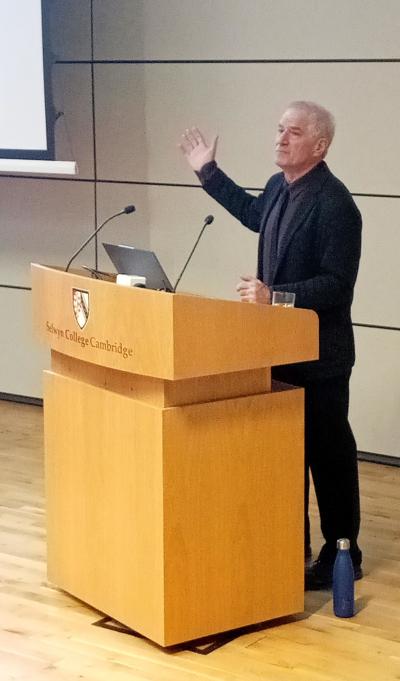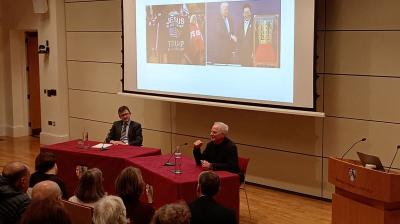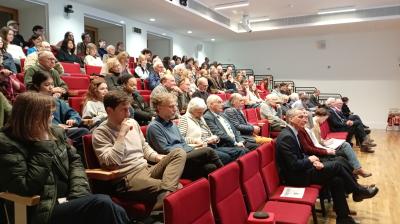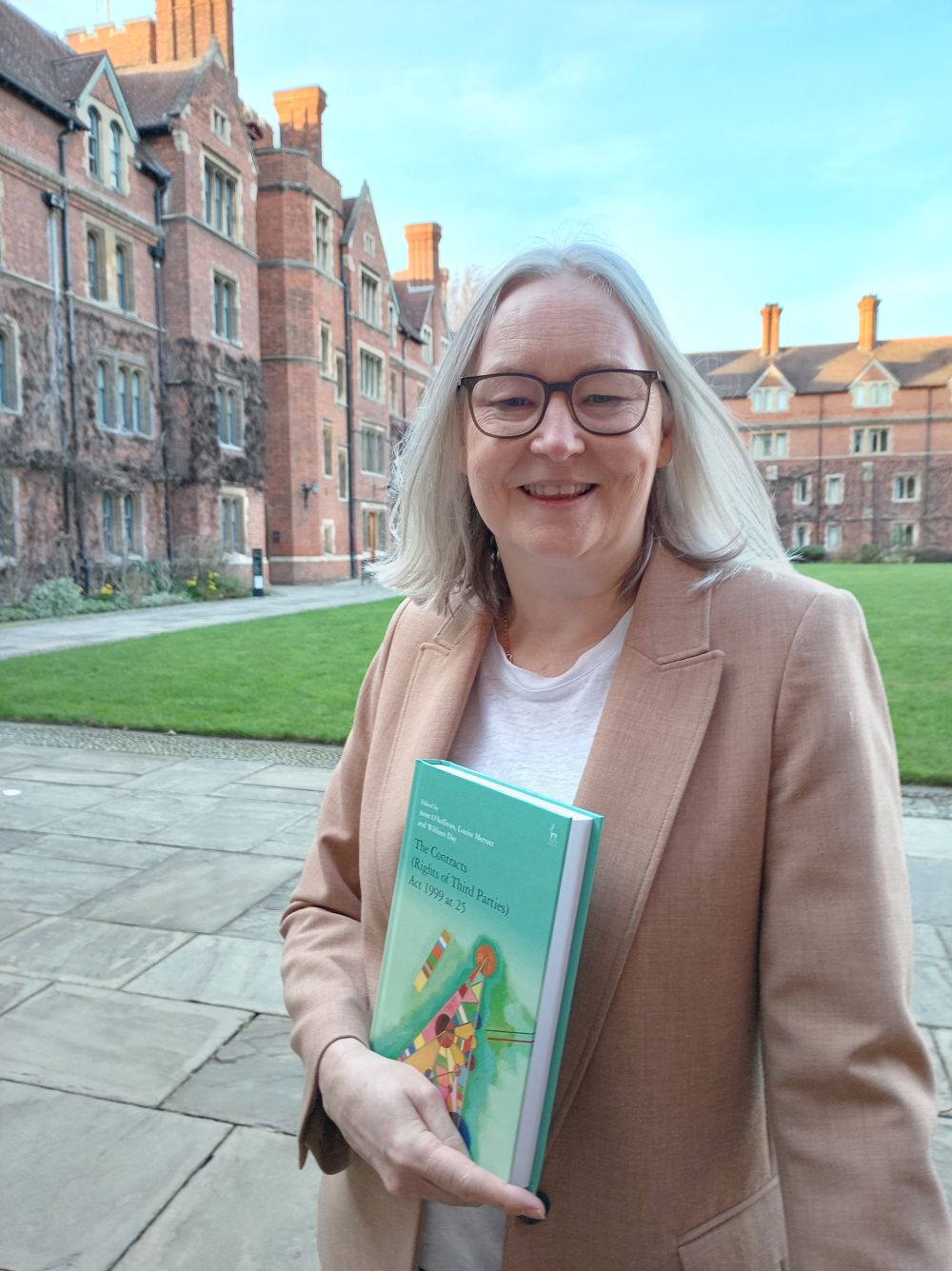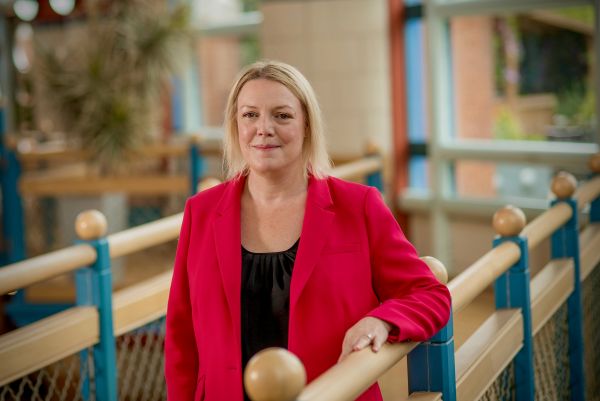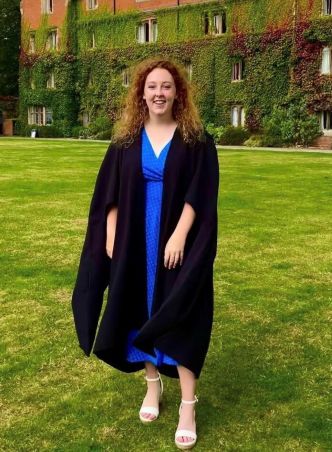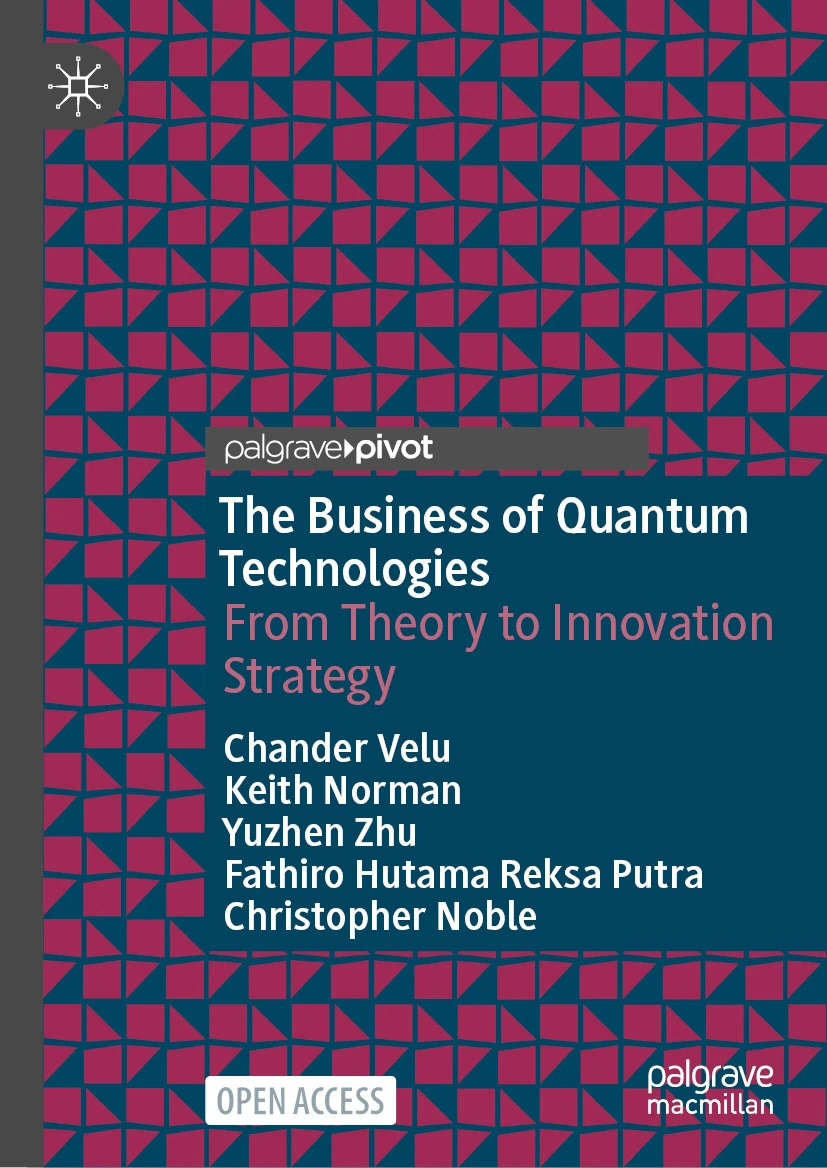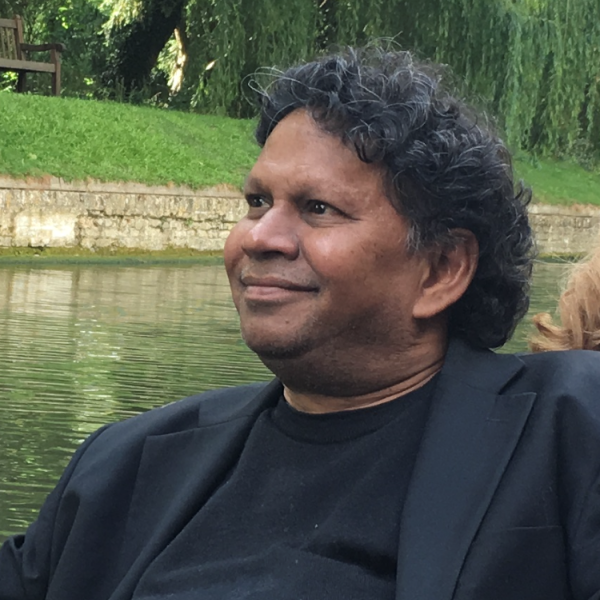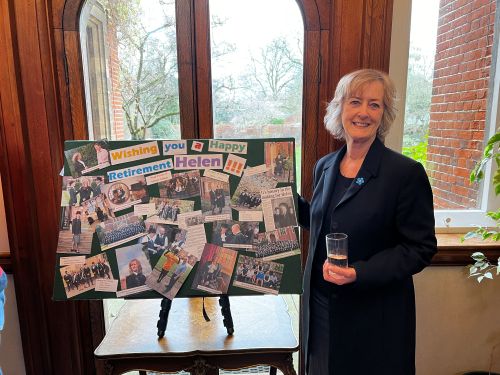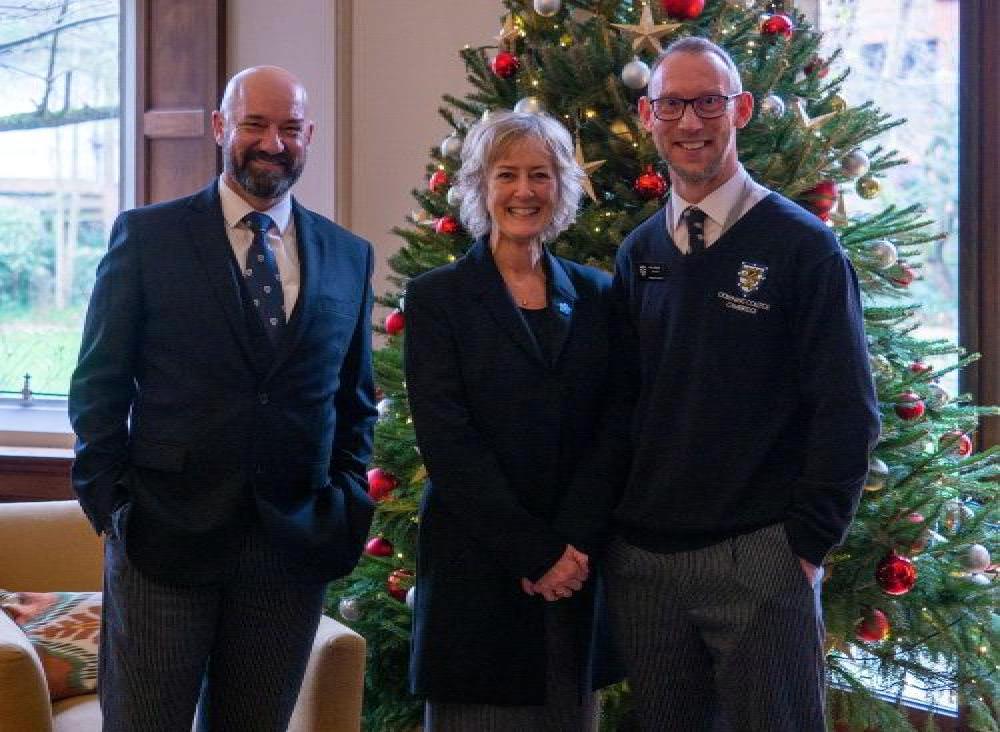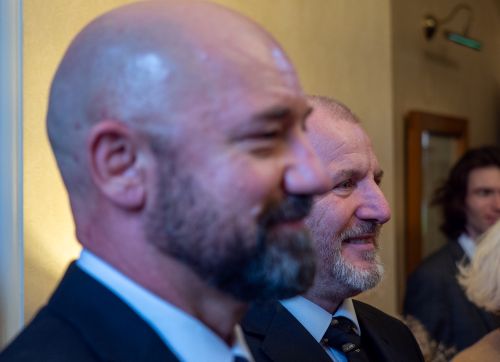Three Selwyn scientists talk about why they chose their field - and what makes them want to stay in it
Dr Carrie Soderman | Fellow and Post Doctoral Research Associate in Earth Sciences
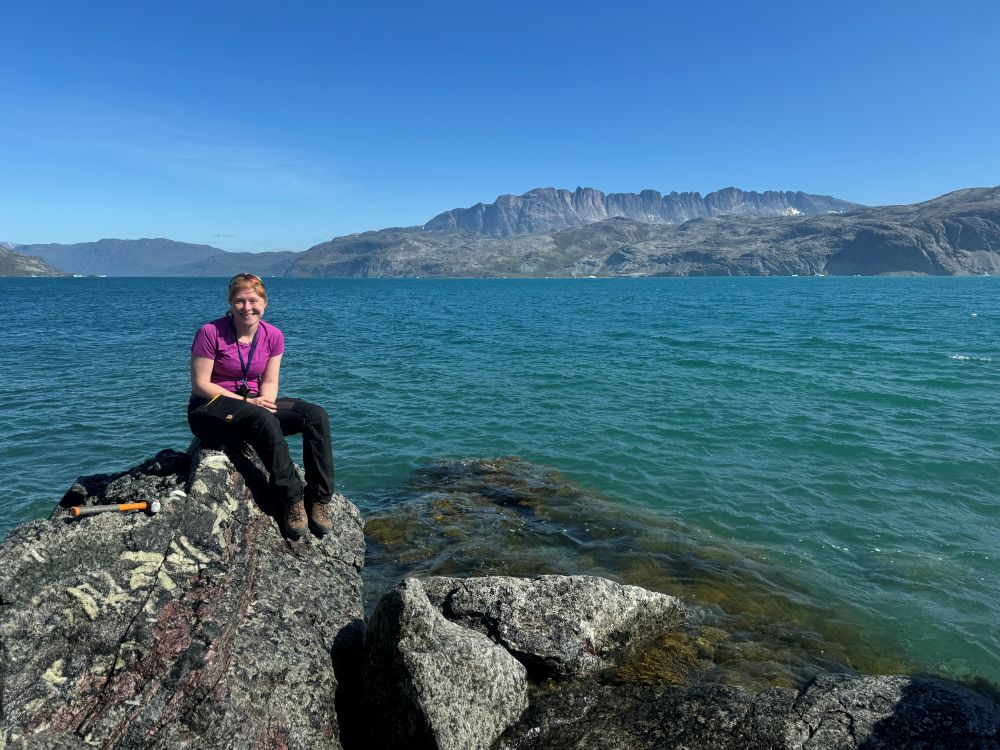
I've wanted to study Earth Sciences ever since a family holiday to the Lake District when I was ten. I remember reading a geology guide and being amazed that scientists could tell there had been volcanoes nearby hundreds of millions of years ago.
Twenty years later, I now research the rocks that formed beneath those ancient volcanoes. Using crystals as tiny time capsules, I combine fieldwork, geochemistry and computer modelling to uncover their hidden histories—specifically why some contain the metals crucial to our modern technology.
From sharing my research with the public to conducting fieldwork in remote places like Greenland, I am really proud to be a woman in science!
Maya Juman (2022) | Fourth year PhD student, Department of Veterinary Medicine
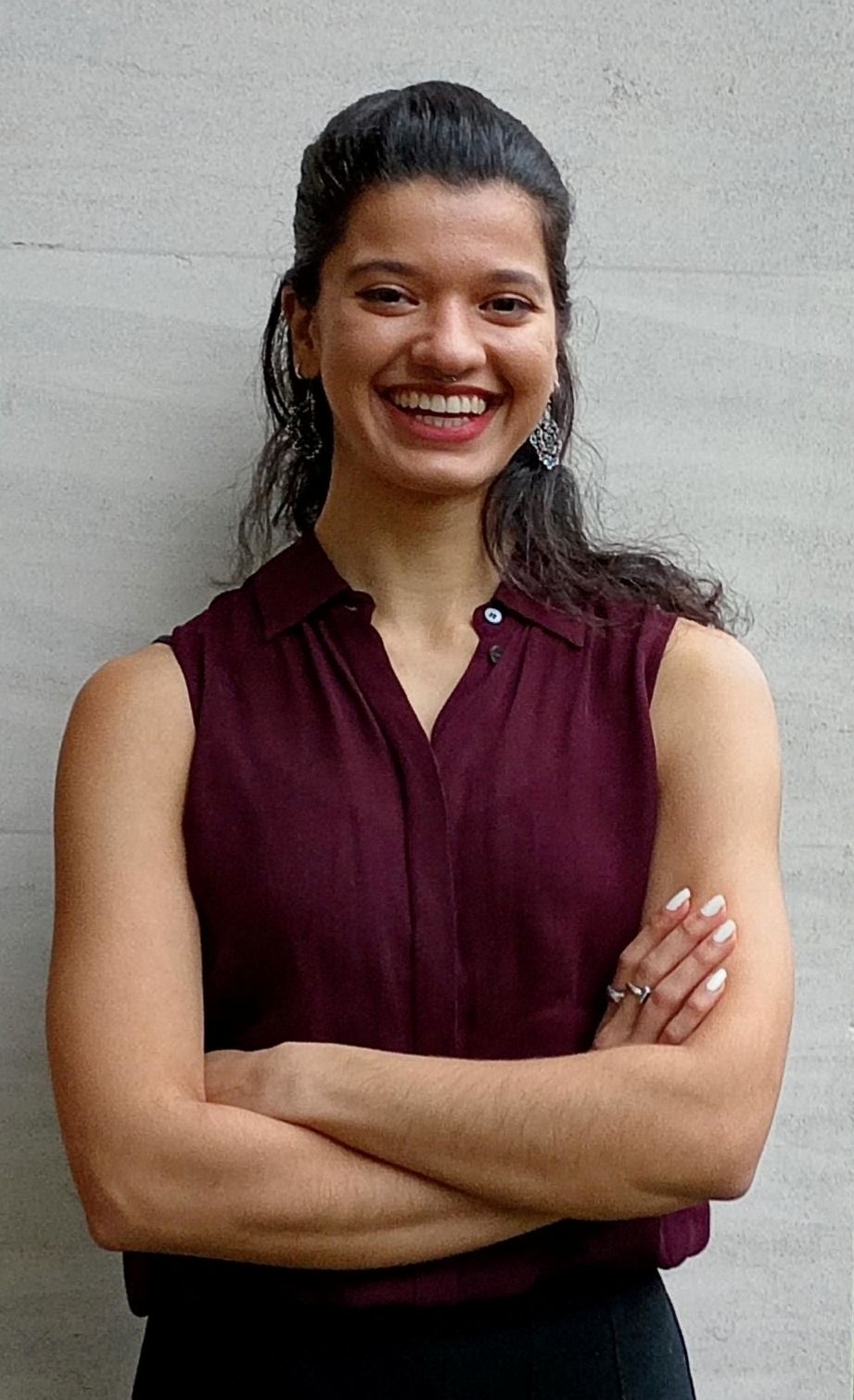
I've always been interested in the natural world. Science is detective work: asking the right questions and solving mysteries.
I spent a lot of time at the American Museum of Natural History as a kid. At 16, I did a research internship there, studying snake evolution. My supervisor was in a very male-dominated field but very proudly feminine. She just did it her own way. That's when I thought: I could be like her.
I graduated from university in 2020 and took what I thought would be a summer off as a contact tracer. It turned into two years of COVID response work. That led me back to wanting to do research, but with a newfound interest in pandemic prediction and prevention. I decided to study bats, as they host interesting pathogens that can make other animals, including us, very sick—often without getting sick themselves.
After my PhD, I’ll continue studying wildlife disease during a research fellowship in Cambridge. I'm lucky to have received so much support in my career, and I’m committed to paying it forward through mentorship and outreach. I consider it a responsibility to make science as accessible and fun as possible.
Elisabeta Darie (2024) | Second year Physical and Natural Sciences student
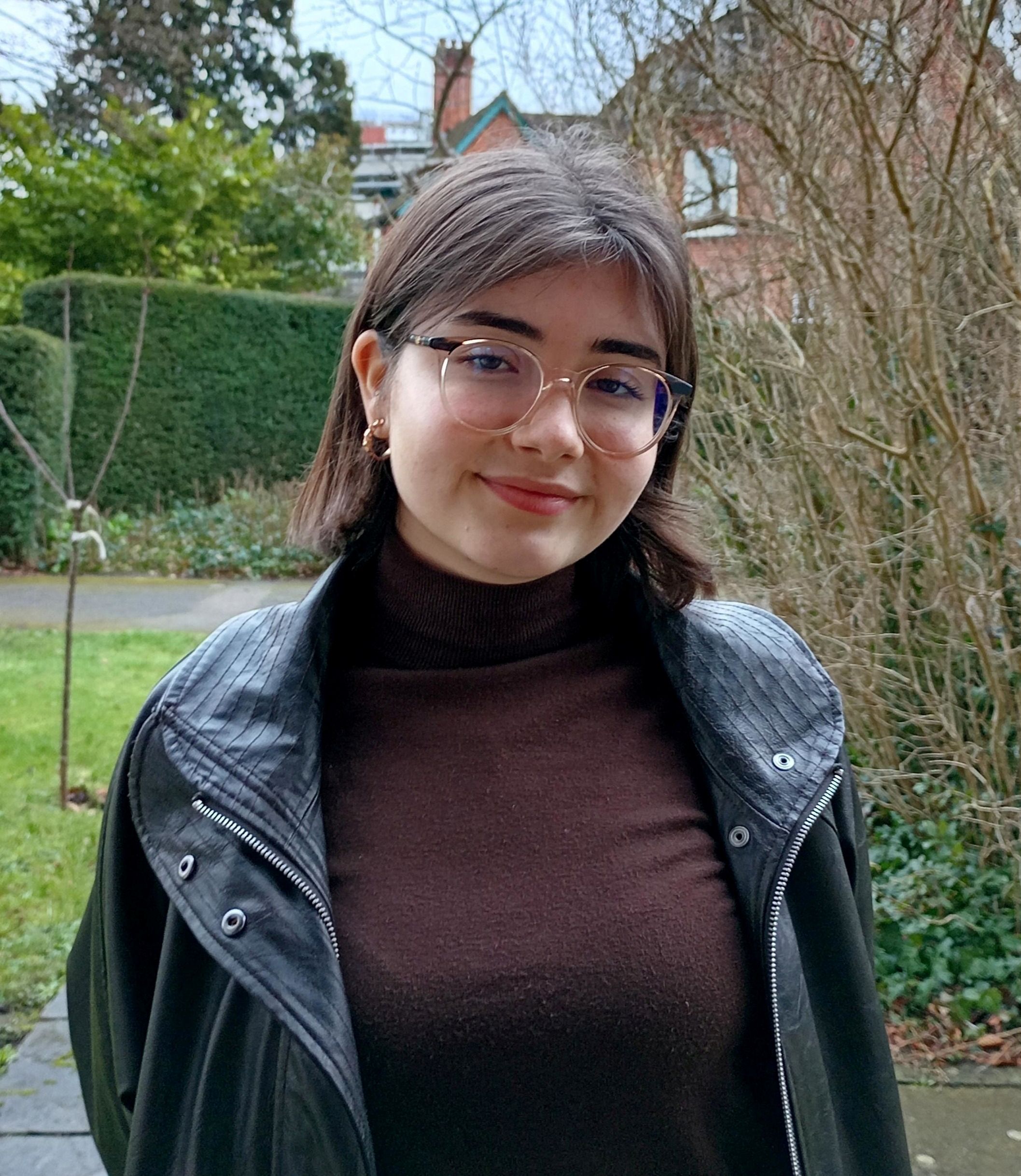
Science has given me a way to describe and rationalise so many things that I once took for granted.
At university, I've discovered just how satisfying the synergies between subjects can be. The sciences often tend to be compartmentalised into physical, chemical, biological, geological, etc. But the real beauty is that they all ultimately blend and feed into each other, and each discipline allows you to inspect the problem from a different perspective, using a unique toolkit.
I have strong motivations to work within climate science and policymaking. I'd like to be a scientist in a public-facing role, something that brings together creativity and communications. I knew that science was the field for me when I saw just how confident and enthusiastic researchers at the forefront of change were.
Working in an environment where you carry so much responsibility, but also such a vast bank of knowledge of theories and ideas with real, tangible implications, is something I find particularly enticing. Studying science expands your creative, analytical, and communicative skillset, and cooking up pretty chemicals in chemistry labs is cool too!
